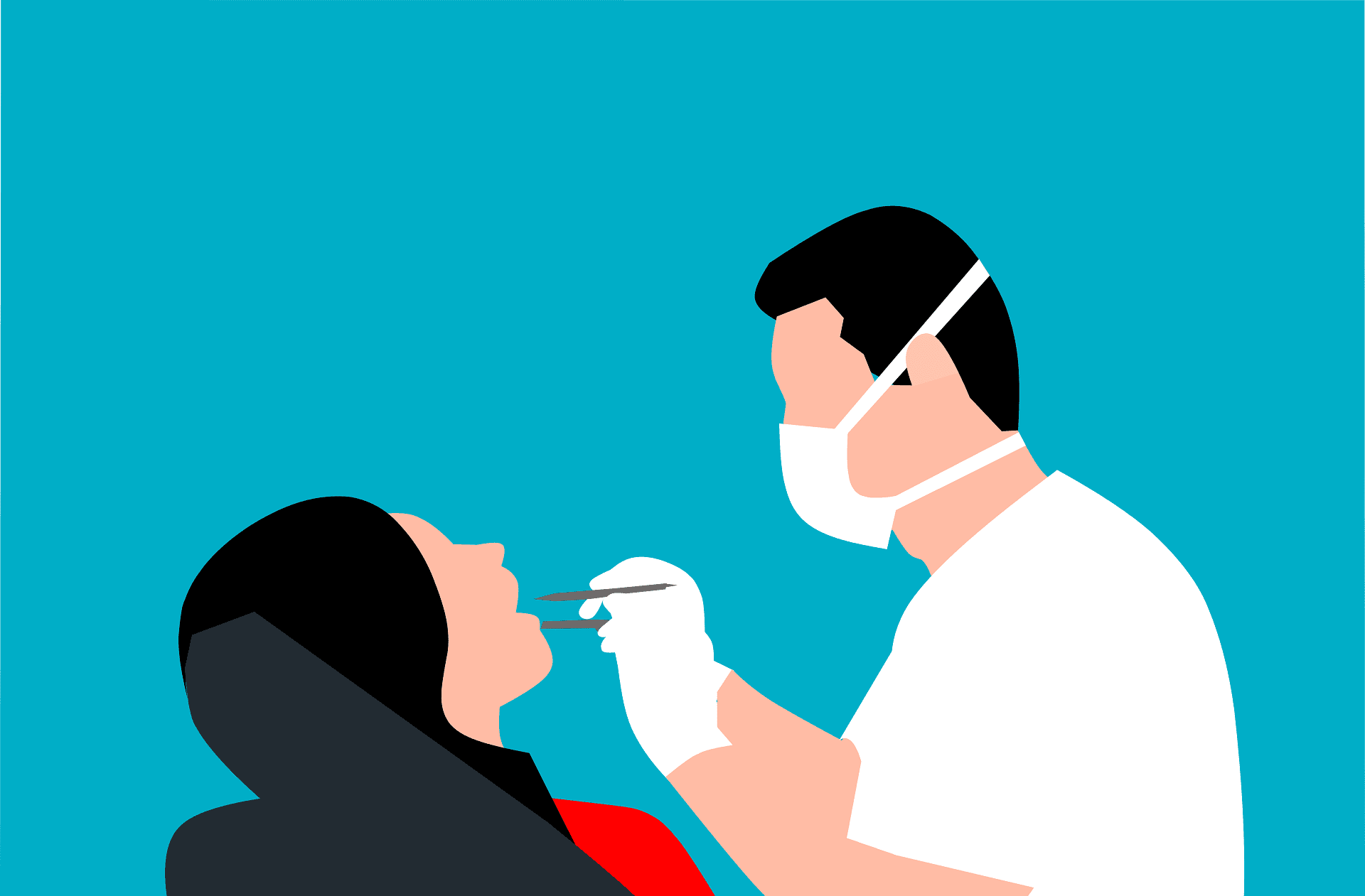Introduction: Pregnancy brings many changes to a woman’s body, and oral health is no exception. Hormonal changes during pregnancy can increase the risk of dental issues such as gum disease and tooth decay. Maintaining good oral hygiene and visiting your dentist regularly are crucial during this time. This blog provides tips on how to keep your teeth and gums healthy throughout your pregnancy.
1. The Importance of Oral Health During Pregnancy: Good oral health is vital for both the mother and the developing baby. Research has shown that gum disease is linked to premature birth and low birth weight. Therefore, maintaining oral health is essential to avoid complications.
2. Common Oral Health Issues During Pregnancy:
- Pregnancy Gingivitis: Hormonal changes can cause gums to become swollen and tender, leading to gingivitis. Regular brushing, flossing, and professional cleanings can help prevent this condition.
- Increased Risk of Tooth Decay: Pregnancy cravings for sugary foods can increase the risk of tooth decay. It’s important to limit sugary snacks and maintain good oral hygiene practices.
- Enamel Erosion: Morning sickness can expose teeth to stomach acids, leading to enamel erosion. Rinsing the mouth with water or a fluoride mouthwash can help neutralize the acid and protect the teeth.
3. Oral Health Tips for Pregnant Women:
- Maintain Good Oral Hygiene: Brush at least twice a day with fluoride toothpaste and floss daily to remove plaque and food particles.
- Regular Dental Check-Ups: Continue regular dental visits for cleanings and check-ups. Inform your dentist about your pregnancy so they can adjust your care accordingly.
- Eat a Balanced Diet: Consume a healthy diet rich in vitamins and minerals to support both your oral health and your baby’s development.
- Avoid Unnecessary Dental Treatments: While routine cleanings and necessary procedures are safe, elective treatments should be postponed until after pregnancy.
4. Safe Dental Treatments During Pregnancy: Most dental procedures, such as fillings and cleanings, are safe during pregnancy. However, the second trimester is generally considered the safest time for dental treatments. Always consult with your dentist and obstetrician before undergoing any procedure.
Conclusion: Maintaining oral health during pregnancy is essential for both mother and baby. By following these tips and working closely with your dental care provider, you can ensure a healthy smile and a healthy pregnancy. Mass Dental Associates is here to support you with comprehensive dental care tailored to your needs during this special time. Schedule an appointment with us to learn more about how we can help you maintain your oral health throughout your pregnancy.


